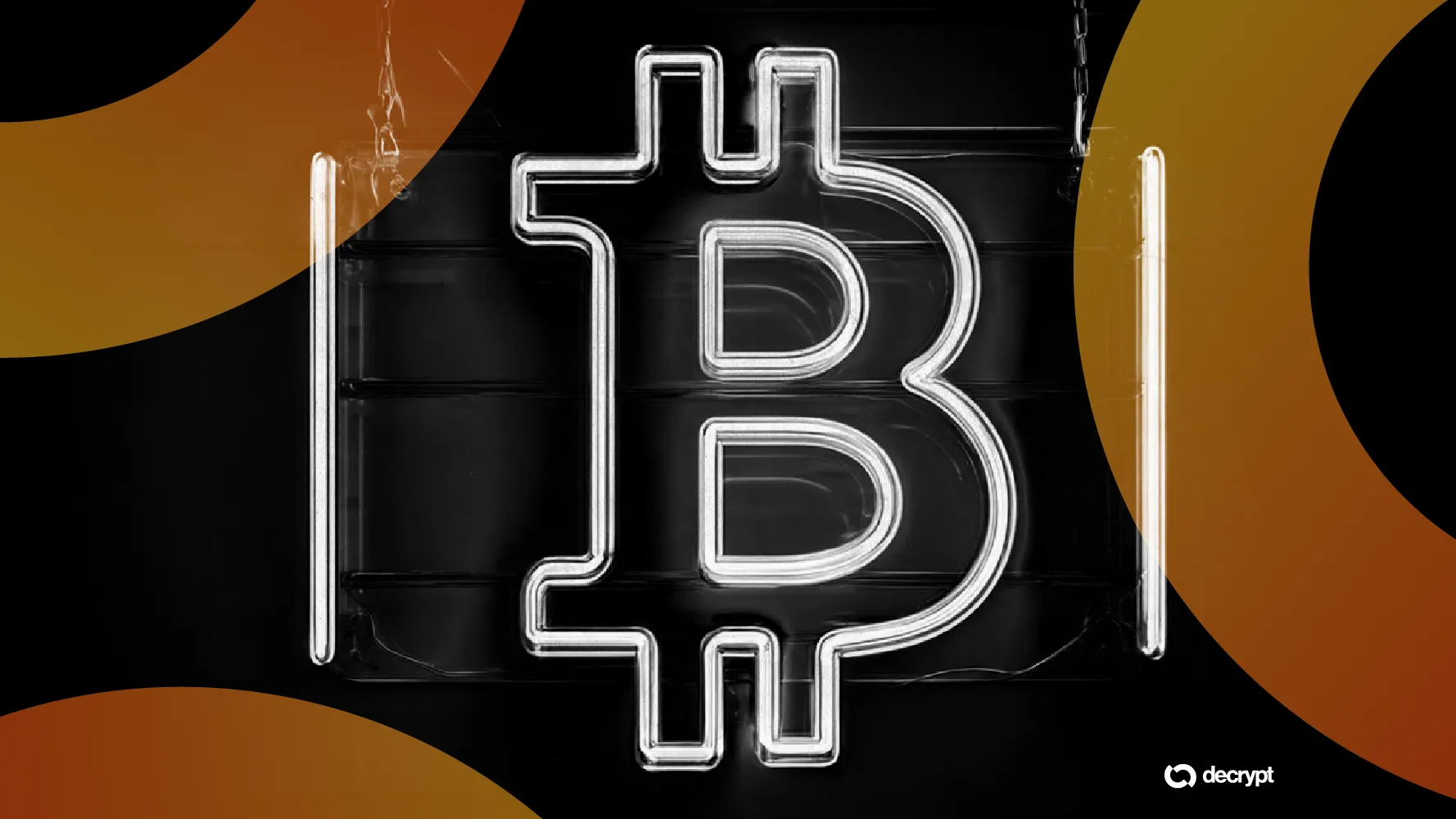In brief
- You can now get Bitcoin transactions added to the blockchain for a lot cheaper than before.
- Mining pools cut the rate as Bitcoin blockchain activity has been low.
- Bitcoiners disagree over whether the coin should be used for everyday payments or primarily to hold value.
The debate over whether Bitcoin is best suited for payments or as a store of value is flaring up again. This time, it comes after the price to send the leading cryptocurrency has been slashed.
Top Bitcoin blockchain explorer Mempool posted this week that now users of the biggest crypto network can pay as low as 0.1 satoshi per virtual byte (sat/vByte) to get their transactions processed. A satoshi is the smallest unit of Bitcoin, with 1 satoshi equaling 0.00000001 BTC.
Previously, it would cost 1 satoshi/vByte at minimum to get miners to process transactions. But due to a lack of activity on the leading cryptocurrency's network, miners cut the minimum rate down by 90% in order to add more blocks to the blockchain.
These measurements refer to the weight of a transaction and how quickly it will get processed. When a blockchain is busy, it will cost more to get transactions prioritized by miners.
The fact that the cost has been slashed so much shows that demand for blockspace has shrunk. In other words, people aren't making a lot of transactions, prompting the move to accept much cheaper fees.
The Bitcoin network is run by miners, which today are mostly industrial operations of warehouses full of expensive computers that process transactions on the network.
Miners are rewarded by processing blocks—which contain transaction data—and adding them to the blockchain. Per block processed, miners receive 3.125 BTC (worth $367,000 at the current price) along with transaction fees.
But as fewer people use the Bitcoin network to send funds, inscribe Ordinals (aka NFTs), or perform other actions, transaction fees remain low—which means that miners earn less for each successful block win.
As pseudonymous Bitcoin miner Econoalchemist told Decrypt, transactions at the 0.1 sat/vByte fee rate have always been allowed by the protocol, but some node operators may choose to ignore such low fees. The moves by Mempool and others this week suggest a growing consensus movement towards accepting those lower-fee transactions.
"Over time, policy rules will trend toward matching consensus rules, lifting most relay restrictions," he said.
Bigwigs in the crypto and payments space have previously bemoaned lack of activity on the blockchain—including Twitter founder and Square CEO Jack Dorsey. The die-hard Bitcoiner previously said that the cryptocurrency would only succeed if people used it for what it was designed for: sending and receiving money.
"I think if it doesn't transition to payments and find that everyday use case, it just gets increasingly irrelevant," Dorsey said of Bitcoin during an April podcast.
Though evidently, as Bitcoin hits new all-time highs, it is succeeding—albeit with a different use case: People are using it as a store of value investment.
"I suppose time will tell, but Bitcoin seems to be moving into [a store of value asset] and not being used for any type of transactions," Scott Norris, CEO of Bitcoin miner Optiminer, told Decrypt.
He added: "As long as the upward price momentum exists, people aren't going to use Bitcoin to transact. Bitcoin is digital land basically—it's very valuable and the value continues to grow. It's still very new, so it hasn't peaked. But it's not the best to transact with. You want to leverage your Bitcoin, not use it."
It's worth noting that the sender of a cryptocurrency transaction chooses the fee: If they are in a hurry to get a payment seen and processed by miners, then they can up the fee and it will be added to a block quicker.
I love seeing sub-1 sat/vbyte transactions in my mempool.
Most of my early Bitcoin transactions were 0-fee, and they confirmed within a couple blocks.
I'm not miner. I want to pay as little as possible when I'm not using LN.
— Mandrik (@Mandrik) July 17, 2025
Still, some on Crypto Twitter (aka X) expressed delight that it was cheaper to use the top blockchain. One user, Mandrick, wrote: "I love seeing sub-1 sat/vbyte transactions in my Mempool," adding that he wanted to "pay as little as possible."
When challenged by someone who said that "[transaction] fees are needed to secure the network," he added: "It's like when rich liberals complain about not being taxed enough. Just send more money to the IRS—they'll take it!"

